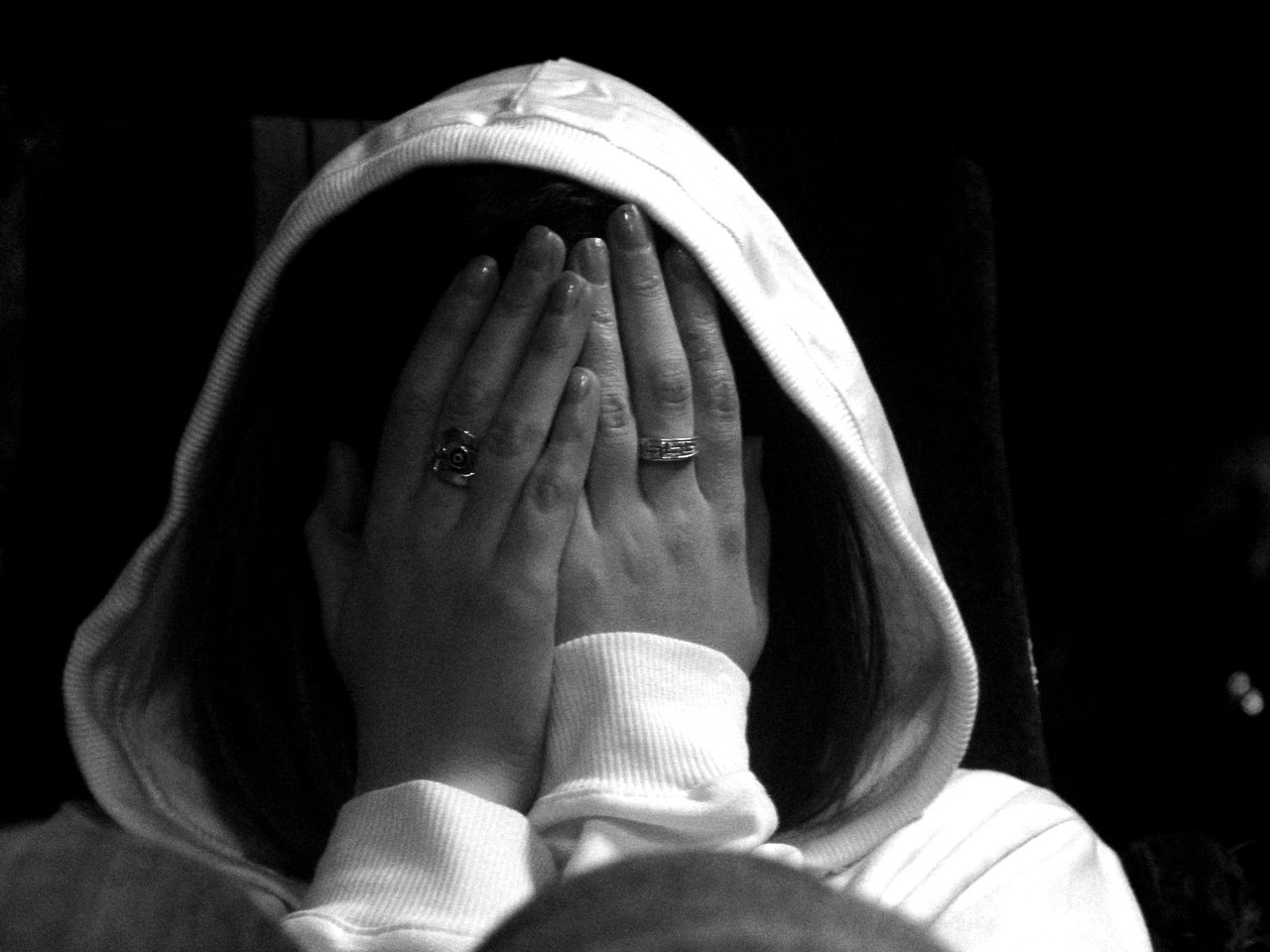
Though I don’t believe it is intuitive to the human species, we have become conditioned to be pretty adept at self blame, feelings of guilt, shame, and self doubt.
The whole thing goes something like this:
Step one: We reflect on something that we did. Things didn’t turn out as we would have liked, or we realized we may have made an error, and as a result, negative feelings arise within us.
Step two: We’ve been conditioned to interpret those negative feelings as a feeling of self blame, guilt, or shame.
Step three: We’ve been conditioned to determine that feelings of self blame, guilt, or shame arise because we did something “bad.”
Step four: Because we did something “bad,” we follow the template we’ve been conditioned to follow: We do something “bad,” we get punished. Since we are self-identifying that we did something “bad,” we are conditioned to believe that we need to punish ourselves.
Step five: We are conditioned to accept our self-punishment as a recurring reminder of how “bad” we are for doing something so “wrong.”
Step six: We’ve been conditioned to throw in the occasional thoughts about how “stupid” we are for “always messing things up.”
Out of those six steps, do you realize how many of them are creations of conditioning? If you missed it, steps two through six are all based on social conditioning.
That means that only step one, where we have negative feelings, is the only “authentic” step in the process. This is where we can “re-write” the whole process. Let’s do that, starting from step one, but now let’s write a new “program” to replace the “old” one.
We reflect on something that we did. Things didn’t turn out as we would have liked, or we realized we may have made an error, and as a result, negative feelings arise within us.
We realize that the negative feelings arise because we did something that is not in alignment with our core values, or because there is a need that was not met.
Determine what core value you will adhere to next time, or determine what you’ll do differently to meet the need.
Move on and forget about it.
The next time we are in a similar situation, refer back to step four.
There is no need to assign blame unto ourselves for something. We all make mistakes. Ninety-nine percent of the time whatever we did carries no major negative ramifications, penalties, or consequences. Go easy on yourself. Just determine what you’ll do differently next time, and move on.
That really is good enough, and that’s all that matters. Don’t hold yourself up to a picture of perfection. Just be a “good enough” person, and you’ll be just fine.
Was this article helpful? Do you see how you can apply this to a situation that happened in the past so you can rise above guilt and shame? I’d love to hear what you think! Scroll down and leave a comment below. I’ll promise to reply.
Photo: http://www.freeimages.com/profile/jfg